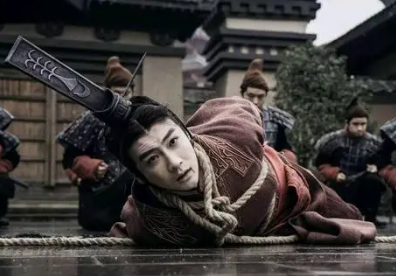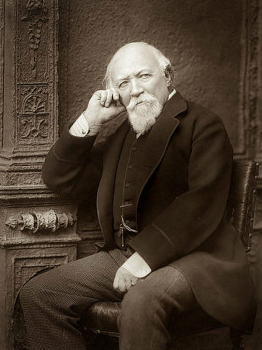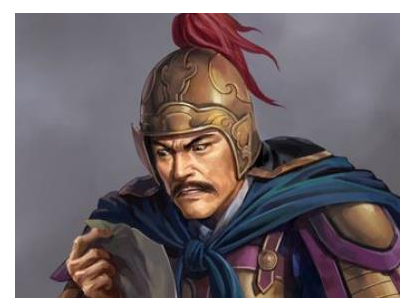In China's long cultural history, classical Chinese was once the main language form for academic, government, literary and other formal occasions. However, with the changes of the times and social development, classical Chinese was gradually replaced by vernacular Chinese. The reasons behind this deserve further exploration, as they not only reflect the evolution of language, but also reveal the importance of cultural exchange and inheritance.

Firstly, the reason why classical Chinese was advocated to be abolished was mainly due to its inconvenience in understanding. With its unique grammatical structure, ancient Chinese vocabulary, and implicit expressions, classical Chinese was difficult for ordinary people to master and understand. In ancient times, the educated population was limited, and classical Chinese became the patent of the scholar-official class, while ordinary people often had difficulty understanding and using it. This language barrier not only restricted the popularization and dissemination of knowledge, but also exacerbated social class differentiation.
Secondly, the promotion of vernacular Chinese was to break this barrier and make the language more civilian and popular. Based on modern Chinese, vernacular Chinese has a grammatical structure and vocabulary that are closer to people's daily lives, making it easier to understand and learn. This not only helps to improve the overall cultural literacy, but also promotes communication and communication between different social strata.
In addition, the role of vernacular Chinese in literary creation cannot be underestimated. It makes literary works more close to life and able to truly reflect social reality and people's emotions. For example, the works of modern writers such as Lu Xun, with their vivid vernacular Chinese, depict the complexity of society and the profundity of human nature, and are deeply loved and praised by readers.
However, abolishing classical Chinese does not mean completely denying its value. As an important part of ancient Chinese culture, classical Chinese carries a large amount of historical information and cultural essence. In modern society, classical Chinese is still regarded as a cultural heritage, and by studying classical Chinese, people can better understand ancient documents and understand China's history and cultural traditions.
In summary, abolishing classical Chinese is not completely abandoning it, but to better adapt to the needs of social development and make the language more convenient for understanding and communication. At the same time, we should also recognize the historical value of classical Chinese, and inherit and protect this important cultural heritage through appropriate methods. In modern society, classical Chinese and vernacular Chinese are not opposite, but together constitute a rich and colorful Chinese culture.
Disclaimer: The above content is sourced from the internet and the copyright belongs to the original author. If there is any infringement of your original copyright, please inform us and we will delete the relevant content as soon as possible.































